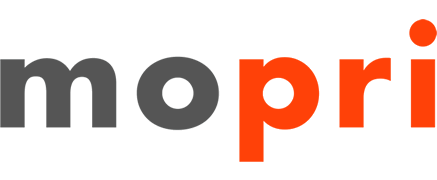As we begin the new decade, data privacy should be at the forefront of your business goals, if it is not already. The Protection of Personal Information Act (POPIA) is expected to become legislation in early 2020. There has been much talk about when this act would be legislated and it seems that it will now be a reality. Companies will have 12 months to become compliant from the date the act is legislated. The penalties non-compliance include fines up to R10, 000, 000 and, in extreme cases, jail time.
What does all of this have to do with documents and why is data privacy essential to prepare for the coming POPIA legislation?
POPIA and Data Privacy
POPIA focuses on all areas of data privacy, from ID numbers to date of birth, residential address, religion, gender, and all other information. In many cases, this information is collected in hard copy format when customers and clients complete forms. Although this information is also received electronically, documents are still printed for filing, with documents attached to internal applications.
In South Africa, many people don’t have access to emails. When some form of ID is required, copies are made or scanned from internal scanners into the company’s system. At this point, the company is now handling personal information and an audit trail is essential. If documents are scanned and sent to an external email, the company would be in breach of the act. The company would then have to prove that systems were put into place to handle personal information correctly. An audit trail of all prints and copies, with a clear outline of which documents have been printed or copied and which employees have been in possession of data at any point, is the best way to reduce investigation time on document breaches. It is also the best way to single out employees who have been in breach of information privacy violations.
One of the main barriers to compliance is the belief that money spent on protecting document security is not a true investment. In reality, having print management software in place can reduce print costs significantly. This makes the cost of the software easily returned thanks to reduced printing costs. For even more value, this software also increases user productivity and enables printing to be done from anywhere using a mobile device. In short, print management is a low-risk investment that offers many benefits in addition to increased security.
Printix eliminates the need for print servers, which would further reduce print costs. The price model is a cost per user per month, and includes installation and support. This is the simplest way to become POPIA compliant, especially when it comes to print data security. Printix also offers a free trial period. Contact us, and let us show you how to ensure data privacy for full compliance.


